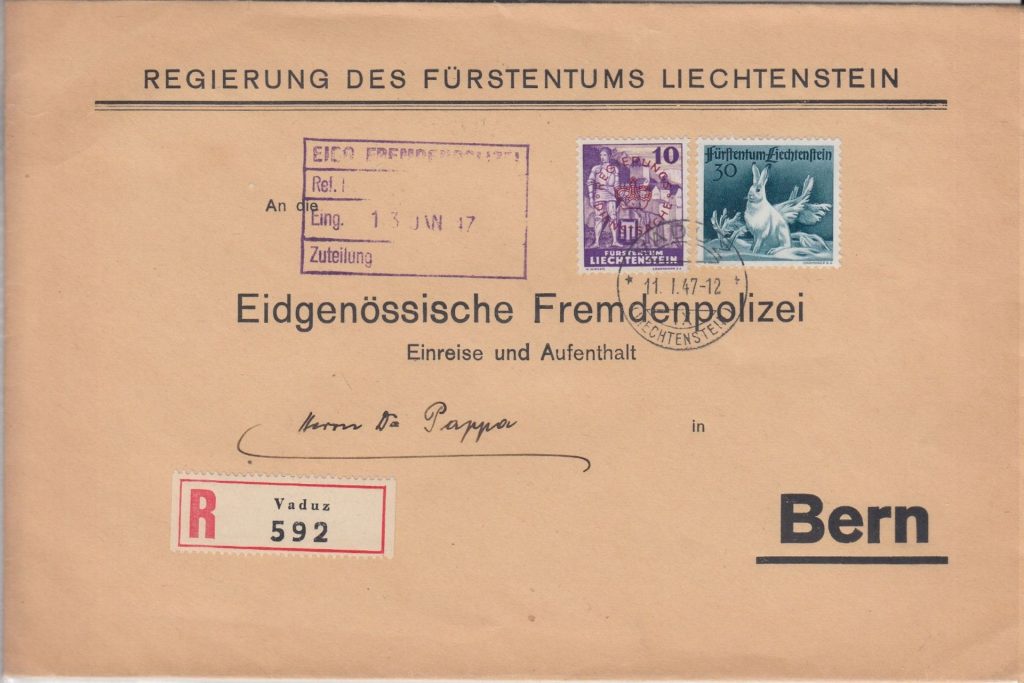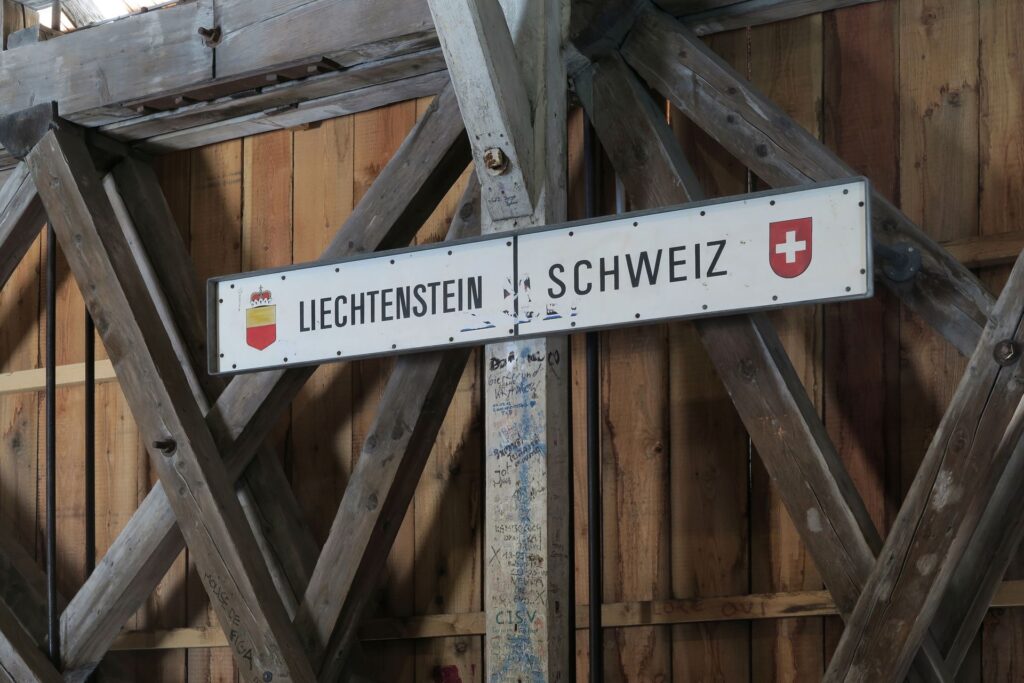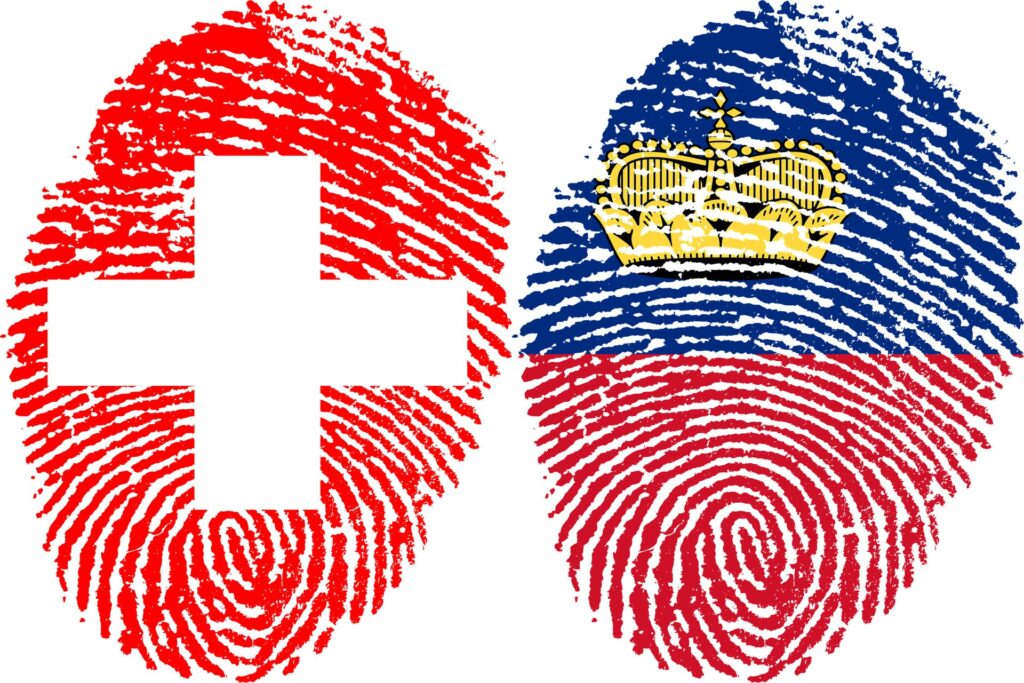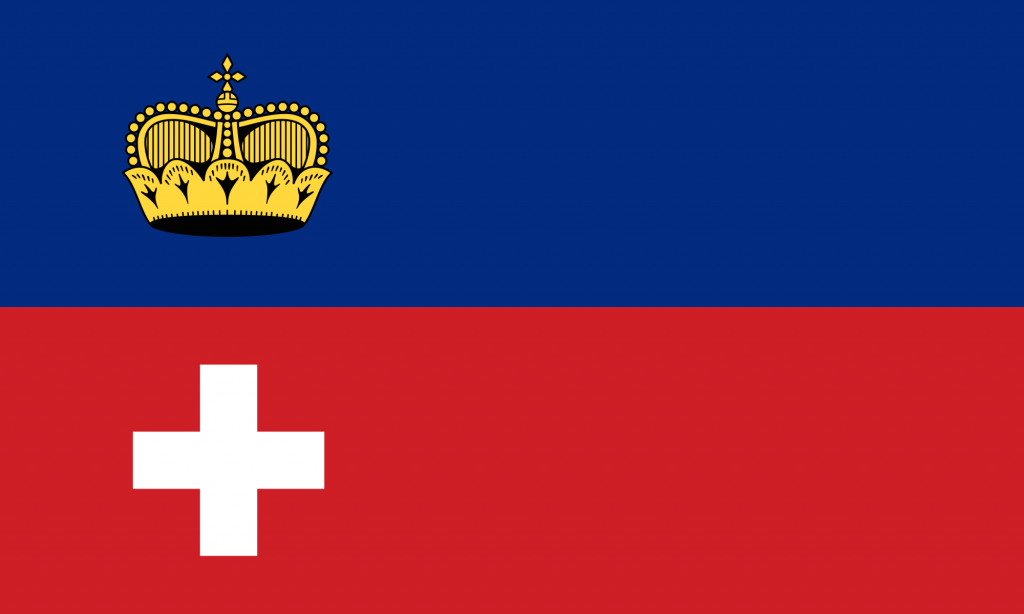Summary of the centenary love between Switzerland and Liechtenstein
Since 1923 the Swiss Confederation and the Principality have been bound together by treaties which define their economic, political and fundamental values
Relations between the Swiss Confederation and the Principality of Liechtenstein are excellent and the two countries are linked by strong bonds of friendship.
Moreover, both countries share the same fundamental values and form a single economic and currency area which is not divided by any borders.
Priority of diplomatic relations between the two countries
Relations between the two countries are governed by a dense network of treaties, including the customs treaty of 1923 by which Liechtenstein became part of Switzerland’s economic area. Diplomatic relations are characterized by numerous visits at all levels.
Within the framework of their respective foreign policies, the Confederation and the Principality work in many areas in pursuit of the same interests and values.
Both cooperate regularly and closely, for example at the UN or in matters relating to the International Criminal Court.
Finance Forum Liechtenstein” on 9 September in Vaduz

Comprehensive economic and currency cooperation
The common economic and currency area is the basis for solid economic ties between the two countries.
The Customs Treaty of 1923 created a de facto union based on the principle of open borders.
Trade flows between Switzerland and Liechtenstein are therefore difficult to record: the Principality’s export statistics do not capture trade traffic with Bern or that which passes through the Confederation.
Since 2017, a double taxation agreement has been in force and, since the beginning of 2018, there has been an automatic exchange of information for tax purposes (AEI) between the two states, under which, as of autumn 2019, data on financial accounts can be exchanged for the first time.
About half of the 37,453 people employed in Liechtenstein (status as of December 2016) are cross-border commuters, of whom about 55 percent live in Switzerland.
First visit to Switzerland by the new Premier of Liechtenstein.

Many cultural exchanges, from music to 70 sports disciplines
Cultural exchanges between Switzerland and the Principality of Liechtenstein are intensive.
Two agreements also govern Liechtenstein’s participation in the two programs “Youth and Music” and “Youth and Sports”.
The former promotes the musical training of children and young people, the latter offers them the opportunity to participate in courses and sports camps in around 70 sports disciplines.
Switzerland and Liechtenstein in full agreement about the future

In the Principality of Liechtenstein, one in 10 inhabitants is Swiss
Excluding holders of dual citizenship, there were more than 3,600 Swiss men and women residing in Liechtenstein at the end of 2018.
They represent about 10 percent of the population of the Principality.
Since 2003, a regulation under state law within the framework of EFTA has restricted the immigration of Swiss nationals to Liechtenstein.
Each year 12 permits are granted for gainful employment and five for residence without gainful employment.
How Liechtenstein prevents violence against women

History of (optimal) bilateral relations between Vaduz and Bern
Relations between Switzerland and Liechtenstein intensified after the end of the First World War and from 1919 the Confederation protected the Principality’s interests abroad.
The defeat of the Austro-Hungarian Empire, to which Vaduz was linked by customs, postal and currency treaties which dated back to the Confederation of the Rhine, had left the tiny Alpine state without a partner who could guarantee it adequate protection.
With the Customs Union Treaty of 1923, the Principality of Liechtenstein was fully integrated into the Swiss economic area.
Liechtenstein lectures the UN on water conservation

From 1919 to 2000 “exchange” of embassies across the Rhine
In 1924 Liechtenstein introduced the Swiss franc as its official currency.
This common economic area survived even after Liechtenstein’s accession to the European Economic Area in 1995.
In 1919 Liechtenstein established a legation in Berne which, after a temporary closure, was transformed into a fully-fledged embassy in 1969.
In 2000 Switzerland appointed for the first time an ambassador for the Principality of Liechtenstein, based in Berne.
Switzerland-Liechtenstein pact on scientific innovation







